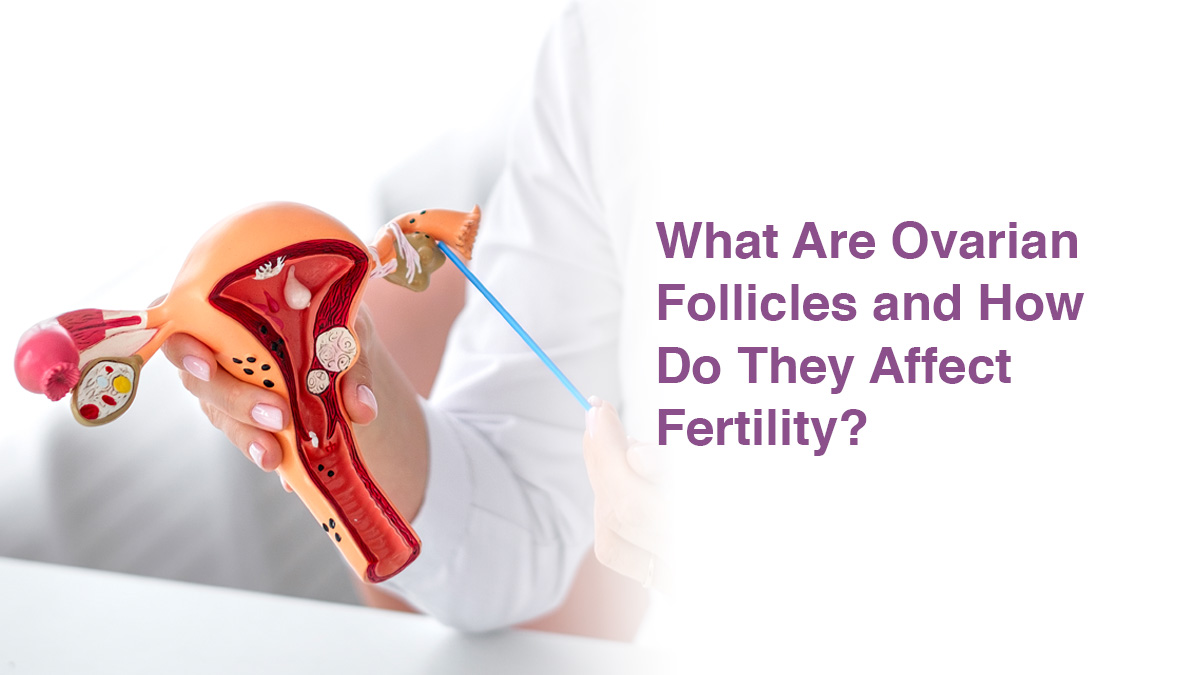
What to Do After a Failed IUI: Treatment Options and Considerations

Have you been struggling with infertility? You might have tried different approaches to ensure pregnancy, including Intra Uterine Insemination (IUI). This is an Assistive Reproductive Technique (ART) in which the sperm is directly inserted into the female partner’s uterus when she ovulates. While this has proven effective for numerous couples, it does not guarantee success. Many couples need to go through several cycles of IUI before it succeeds, while others face failure even after multiple tries. If you are among those who have experienced the failure of IUI treatment, don’t give up on your dream of parenthood just yet.
Here’s everything you should know about the causes and symptoms of IUI failure and what steps can be taken to continue your fertility journey.
What Does IUI Failure Mean?
Failure of IUI treatment does not always lead to noticeable symptoms. In some cases, pregnancy does not occur while in others, abortion might be required. Abnormalities in the sperm or eggs or chromosomal defects can also lead to spontaneous abortion. It is important to monitor your health after the IUI procedure so that you can consult your fertility specialist at the earliest to understand the next steps.
Failed IUI causes your menstrual cycle to continue if you do not conceive or if spontaneous abortion has occurred. In case you observe any unusual vaginal discharge or experience severe discomfort or cramping in the abdomen, consult your doctor immediately. Seeking medical advice can help you take proactive steps to increase the chances of successful conception.
Common Causes of IUI Failure
There are multiple reasons for the failure of IUI treatment. These include:
Age
IUI tends to be less effective in women in their late 30s and early 40s. Not only does fertility decline with age but the risk of complications also increases as you get older.
Poor Egg Quality
Low-quality or unhealthy eggs can lead to abnormalities in embryo development. This increases the risk of congenital disabilities or miscarriage. Your fertility specialist will first evaluate egg quality through ultrasound or ovarian reserve tests before recommending IUI.
Ovarian Reserve
This is the number of eggs left in the female partner’s ovaries. Low ovarian reserve is one of the common causes of IUI failure. As mentioned above, your doctor might recommend some tests to determine the ovarian reserve before recommending the procedure.
Low-Quality Sperms
The health of the sperm plays a crucial role in IUI success. Therefore, semen analysis is recommended before proceeding. Poor quality or low sperm count decreases the chances of successful egg fertilisation.
Timing of the Procedure
To prevent IUI treatment failure, the sperm must be injected into the uterus within 24 hours of the female partner ovulating. This is why fertility specialists track ovulation with the help of ultrasound and other tests.
Endometrial Abnormalities
Problems with the inner lining of the uterus, the endometrium, can lead to failure of embryo implantation and therefore the IUI procedure. Your doctor may assess the thickness of the endometrium since a thicker-than-normal uterine lining can cause failed IUI.
Hormonal Imbalance
Low progesterone levels can result in miscarriage since this hormone is crucial for maintaining pregnancy. Your doctor might recommend supplemental progesterone to increase your chances of success.
Lifestyle Factors
Smoking, excessive alcohol consumption, high stress levels and obesity are among the lifestyle-related reasons for IUI treatment failure.
What To Do After IUI Failure
A failed IUI procedure can cause emotional upheaval. It is only natural to feel disappointment, frustration and sadness if the treatment is unsuccessful. Allow yourself to grieve and seek support from your loved ones and doctors to help you cope with this hurdle in your fertility journey. Most importantly, consulting your doctor can help you understand what to do after IUI failure because this is not the end of the road.
If 3-4 cycles have failed, it might be time to consider other options. Some steps that you can take once you understand the reasons for the IUI treatment failure include:
- Consult your fertility specialist to reevaluate the causes of the failed IUI.
- The doctor might recommend additional tests to accurately identify the causes before they can recommend other ART options.
- In-Vitro Fertilisation (IVF) and Intracytoplasmic Sperm Injection (ICSI) are techniques that can help improve chances of conception. Discuss these options with your doctor.
- Make healthy lifestyle changes, such as ensuring a balanced diet, regular exercise, stress management, quitting smoking and drinking and preventing exposure to environmental pollutants.
Research shows that IVF and ICSI prove successful in many cases where IUI has failed. However, it is important to learn more about the reasons for infertility before you can make an informed choice of future treatment. To learn more about the reasons for IUI treatment failure and what to do after the procedure has failed, consult the experienced fertility specialists at an Oasis Fertility clinic near you. You can also seek immediate assistance via our live chat facility or call 1800-3001-1000.


fill up the form to get a
Free Consultation
Avail 0% interest on EMI
All Procedures | No Upper Limit
Frequently Asked Questions
What to do after 3 failed IUIs?
When to expect period after failed IUI?
How many attempts are there in IUI?
How we reviewed this article:
- Current Version
- October 29, 2024 by Oasis Fertility






